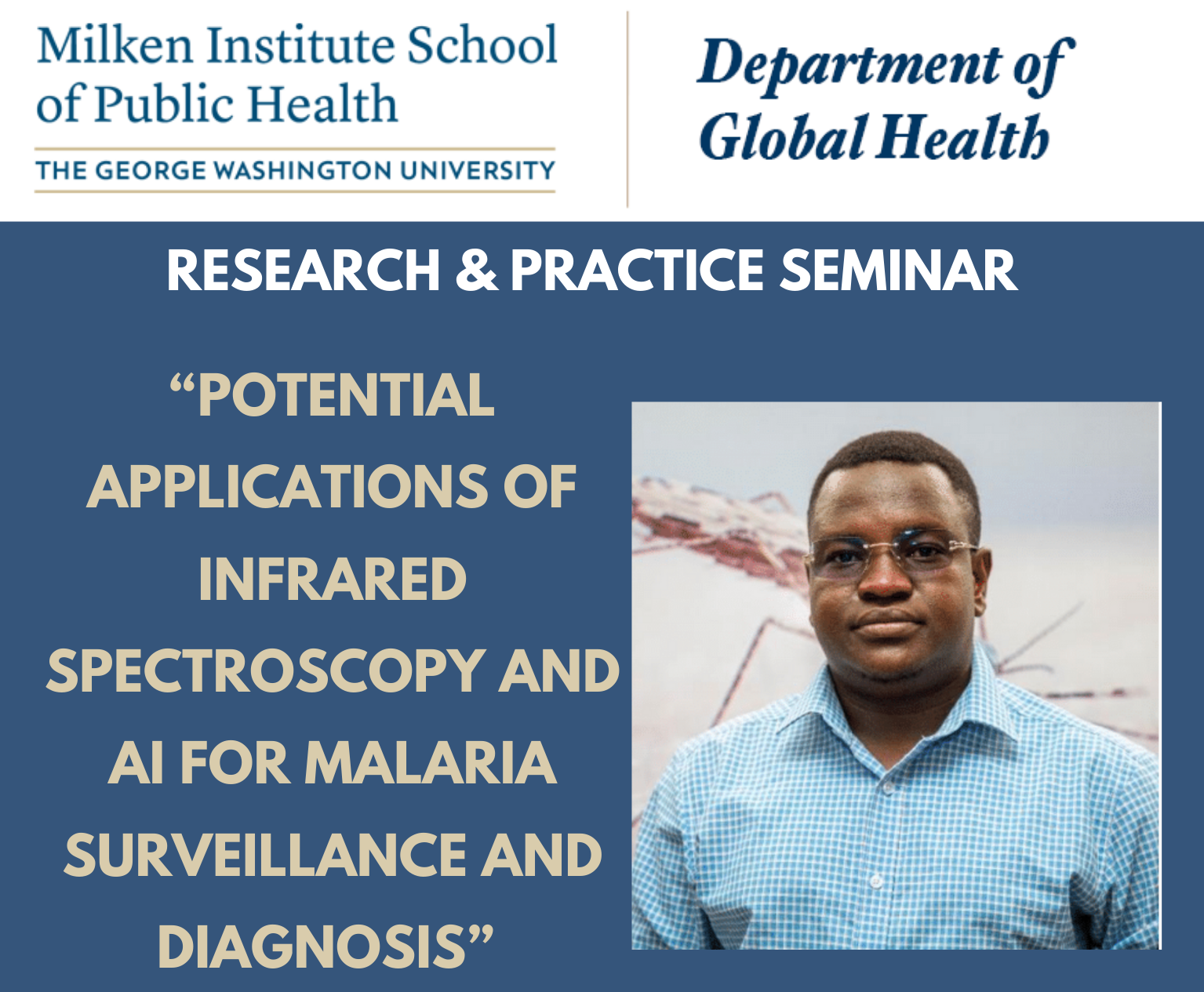
TALK: Ifakara scientist discussed new tech in malaria fight

On Thursday, the 25th of January 2024, at 8 PM EAT, the George Washington University Milken Institute School of Public Health (GWSPH) will played host to an insightful Global Health Research and Practice Talk by the Ifakara Health Institute’s early-career scientist, Issa Mshani.
The virtual talk, titled "Potential Applications of Infrared Spectroscopy And AI For Malaria Surveillance And Diagnosis,” promises to shed light on the intersection of new technologies and healthcare in the fight against malaria.
How to join
Issa’s talk, was delivered from George Washington University in the United States, was available to interested participants via the Zoom platform.
A pioneer in leveraging new technology
Issa Mshani, a computational medical biologist, is making waves in the field of global health research. He is a research scientist at Ifakara and concurrently pursuing a Ph.D. at the University of Glasgow, Mshani has distinguished himself as a trailblazer in the application of infrared spectroscopy (IR) and machine learning (ML) to detect malaria parasites.
A testament to his accomplishments, Issa Mshani was honored with the American Society of Tropical Medicine Young Investigator Award in 2023, a recognition of his innovative project focused on creating a new tool for malaria detection.
This device leverages AI technology to identify even the smallest traces of malaria in a patient's blood. Its user-friendly and cost-effective design makes it a game-changer in malaria detection, offering the potential to make a substantial impact on the global effort to eradicate malaria.
His expertise extends beyond the laboratory, as he actively works on the integration of IR-ML into routine malaria surveillance, providing a roadmap for future advancements in the detection and diagnosis of this life-threatening disease.
Mshani applies machine-learning on web platforms to forecast crucial malaria indicators, demonstrating the practical applications of his research.
About the GWSPH
The George Washington University is renowned for its contributions to global health research and practice. With its diverse range of activities within the Department of Global Health and across the university, GWSPH provided an ideal platform for fostering dialogue and collaboration in the pursuit of innovative solutions to pressing health challenges.
